A Guide on Weight Loss vs Fat Loss
Sometimes we try every diet and form of exercise, but we still can’t seem to achieve our ideal weight. Chances are, we’re not doing it in a healthy way. It’s essential that we understand the difference between weight loss and fat loss and don’t mistake using these terms interchangeably.
5-Minute Crafts has tried its best to highlight the distinction below to help you stay fit and promote a healthy lifestyle.
The difference between weight loss and fat loss
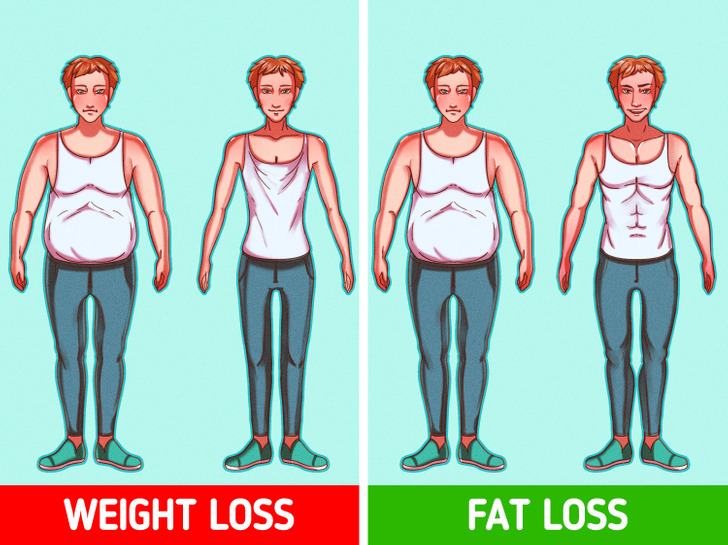
Weight loss happens when there is a fall in your overall body weight, including your muscle, water, and fat. When people are focused on losing weight, they usually weigh themselves on a scale. But it only tells them how much weight they have lost and nothing about their body fat.
On the other hand, fat loss refers only the loss of extra fat in your body and is considered a more specific and healthful goal than losing weight.
Understanding body composition
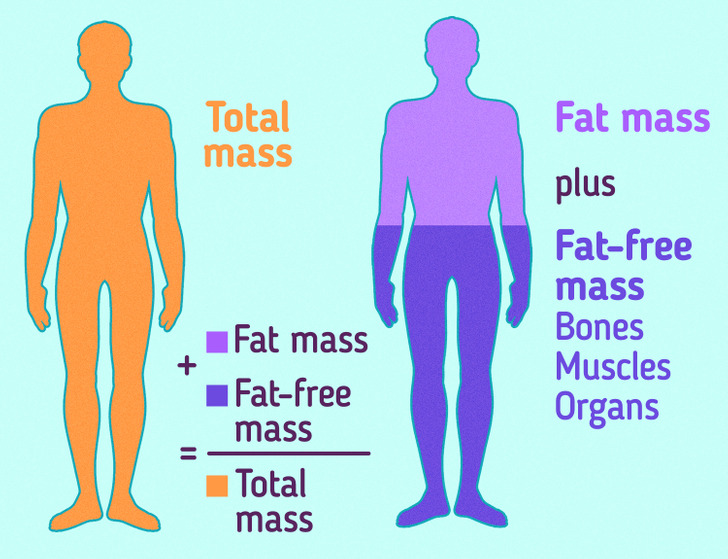
Fat mass is the weight of all the fat molecules present in your body. On the other hand, lean body mass or fat-free mass consists of the mass of your internal organs, bones, muscles, water, and a lot more. It is the difference between your total body weight and body fat weight. In other words, it is the weight of everything, minus the fat. The healthy range of lean body mass is usually between 70%-90%.
The best way to calculate lean body mass is by using a body composition monitor. If your fat mass is 25%, your lean body mass is 75%.
What water weight is
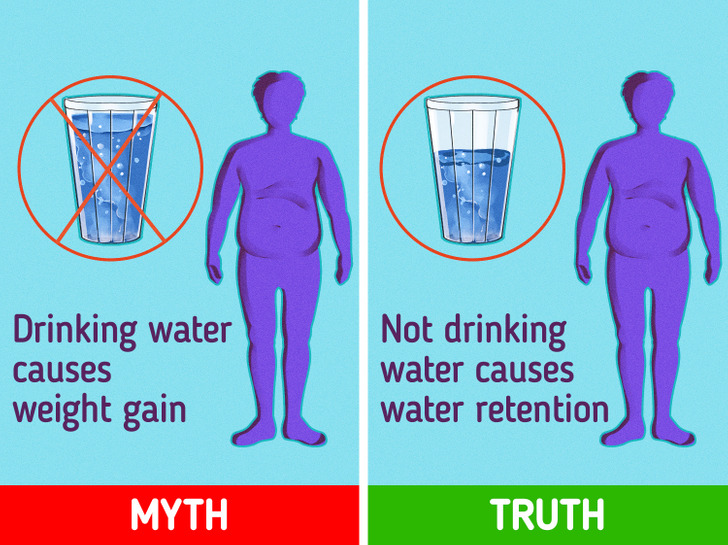
Another term to focus on is water weight, which refers to the extra water the body holds. On average, water takes up to 50% to 60% of a person’s overall body weight. But that doesn’t mean if you drink less water it will make you lose the water weight safely. It works in the opposite way — the more water you drink, the more it will help you lose weight effectively.
Water assists in transporting carbs and proteins in your bloodstream so that the body can further metabolize them. If you wish to lose water weight, the first thing you must do is reduce your sodium intake. When there is extra sodium in your body, it can hold too much water to maintain the correct salt-water ratio.
What happens when you lose your lean body weight
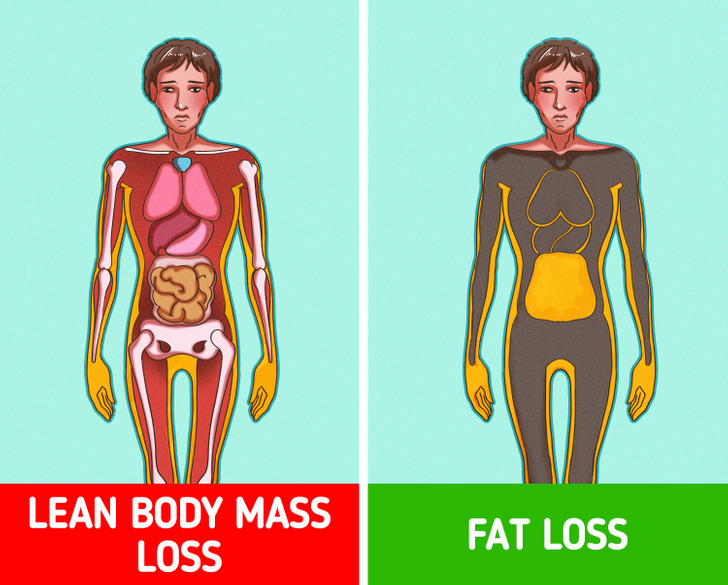
Losing weight decreases the muscle and fluid density and even the fat levels of your body. This can cause a decline in your lean body mass and may cause some side effects on your health, and here are just a few of them:
- It lowers your metabolism.
- It causes fatigue.
- It causes a downfall in your neuromuscular activities.
- It can potentially impact your emotional and psychological states.
- It increases the risk of injury.
Aim for fat loss instead of weight loss.
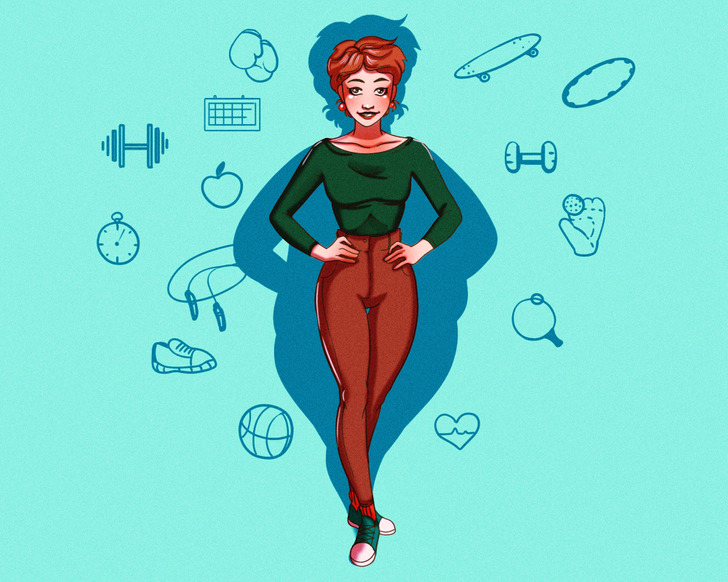
As we mentioned above, losing weight may cause many side effects to your health. Hence, it is essential to shift your focus to removing the excess fat in your body and maintaining a lean body mass. When your muscle percentage is healthy, meaning the extra fat is removed, you may experience several benefits, like:
- It helps in regulating healthy blood sugar levels.
- It also helps regulate healthy fat levels, like cholesterol and triglycerides in the blood.
- It assists in controlling inflammation.
- It helps in eradicating the risk of age-related muscle loss.
Experts say that the more muscle you have, the more calories you burn when resting. Hence, men have higher calorie requirements than women. Also, when you lose weight in the form of muscle, it can bring down the number of calories you burn when you’re resting. This makes it easier for your body to regain all the weight you lost in the form of fat.
How to lose fat and maintain muscle percentage
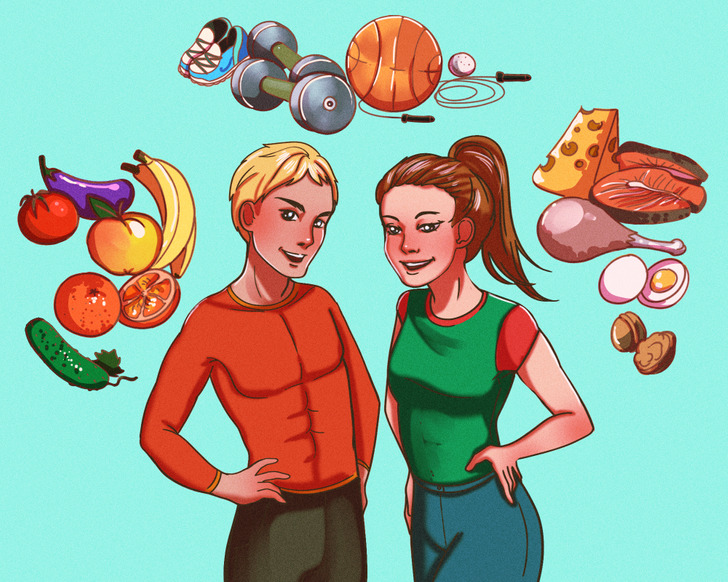
- Consume a lot of protein: It assists in making enzymes that further help in digestion and energy production, controls fluid balance, aids the immune system, and much more.
- Exercise: When combined with a calorie-restricted diet and higher protein consumption, exercise can give you optimized muscle growth.
- Eat a calorie-restricted diet: Too little calorie intake can lead to muscle loss. Instead, you can try reducing the number of calories you consume by 500-600 calories in a day to support fat loss. Include fruits, veggies, whole grains, and lean protein foods into your diet to reduce the number of calories.